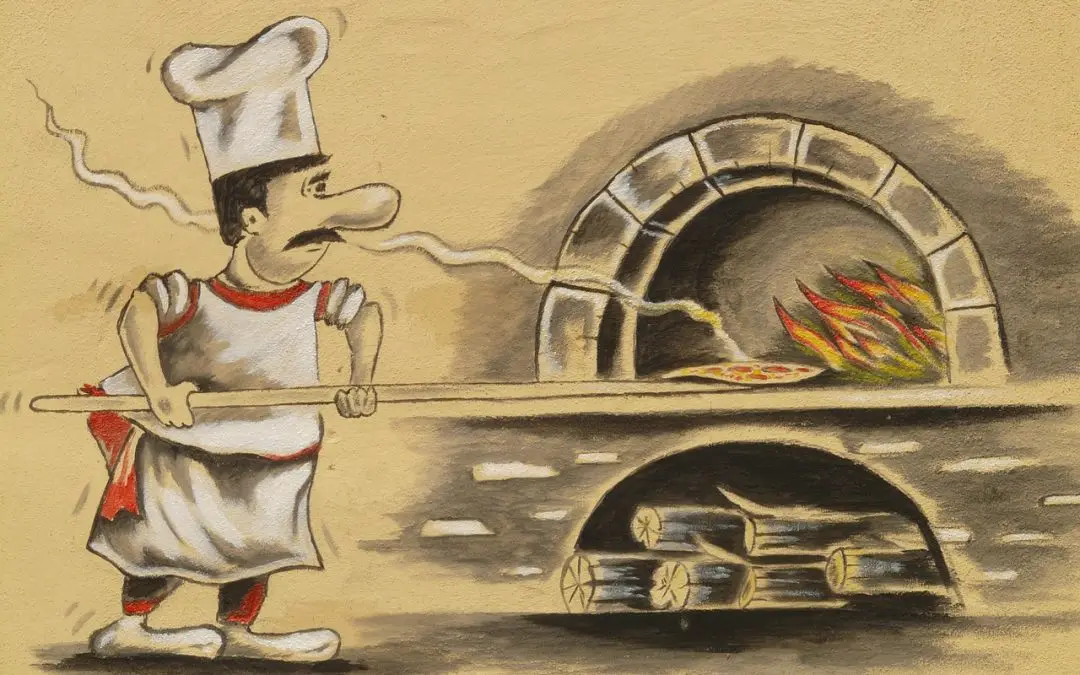Let’s wake up the “five senses” and taste it
Smells like flavors
The realm of flavor, which utilizes the five senses, is not a single satisfaction. It is not easy to express the satisfaction of all five senses at once, as it changes from moment to moment. And it’s not easy to recognize the small changes. When we think of taste, we usually think of the typical taste sensations and don’t recognize the functions of the other senses. If something doesn’t trigger a reaction in our sense of smell, we don’t reach for it. This is because we’re used to relying on our instinctive sense of smell to tell us what it tastes like. If we smell a food for more than a certain amount of time, we lose interest in it. While some flavors can be appetizing, excessive odors can be appetizing. This is because we have experienced enough smell to satisfy our hunger. Smell stimulates the brain quickly and easily transmits the feeling to the rest of the body. The scent therapy field of aromatherapy has been used to treat even simple stress and nervous disorders, so you can see how powerful the sensory field of smell can be.
The smell of food is such a volatile perfume that it should be recognized as an art form, as should the smell of cooking. Researchers have shown that “fullness” is not just about having a full stomach. As any chef who has ever walked into a kitchen with a lot of food odors will tell you, using smells to create flavors is one of the most hidden cooking techniques.
People who prefer only taste and sight
To understand flavor, you need to experience all five senses, but many people don’t even know they’re working. Even people who cook often don’t realize that the five senses have a big impact on taste, because they focus on taste and sight. Figuring out what flavors are isn’t an academic exercise in taste, it’s about identifying the sensations that occur in the body. When it comes to flavor, chefs have excellent basic skills. It”s just that some of it is dormant because they haven”t awakened it. A lot of attention is paid to making food look delicious. However, not many people have explored how to actually make food more palatable. As a result, we see a lot of stimulating colors, but we also see a lot of sloppy work that actually detracts from the deliciousness of the food. Awakening the senses isn’t just about bringing texture to life, it’s about awakening the entire neurological function at its root. It’s not a good idea to just take care of your tongue to revitalize your taste buds. We need to revitalize our sensory abilities to recognize sensations, and sensations are often valued for their ability to help us focus and calm down.
Awakening the sense of taste
The human body’s senses are all interconnected, and it’s not easy to train and develop just one. Musicians have a highly developed sense of hearing, but it can be so developed that other senses are neglected and weakened. If you look at the movement in the kitchen, you can see that the hands and feet are moving diligently while cooking, and if you look closely, they are basically utilizing all five senses. More than any other occupation, they are moving their entire body diligently and utilizing a variety of sensory functions. The flaw is that we perceive it as hard labor when it’s just functional movement. If I keep questioning how my five senses affect my body and change me, they will awaken little by little. Awakening the five senses is not something that can be learned. You need to know some theory, but you have to recognize its importance and acknowledge that taste is a comprehensive motor system that awakens all of your senses at once. It’s up to the chefs to work on becoming a master of flavor, and one day, they will become the best experts on flavor.
Cooking skills are influenced by taste discrimination
Young chefs have the conditions to learn much faster, but they are so focused on success that they have trouble recognizing the five senses. It’s so easy to miss the flavors that the five senses give us. After more than 10 years of cooking experience, a master chef’s cooking skills will diminish, but eventually he will be recognized for his ability to detect deep flavors. Taste reigns supreme over cooking skills. Chefs have their own interpretations of the importance of flavor, but they are far from recognizing the role of the five senses. When we talk about listening, some people question whether it has anything to do with taste, but the sound is also included as a technique in enjoying flavors. We are now entering a new era of flavor and feeling. The focus has shifted from what food tastes like to how it tastes.
Among Geo’s “Taste Stories” in a paper magazine published by hotel and restaurant in January 2010.


